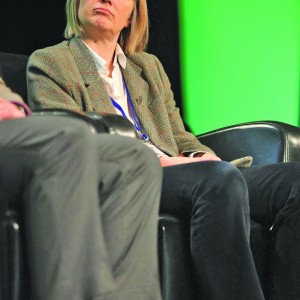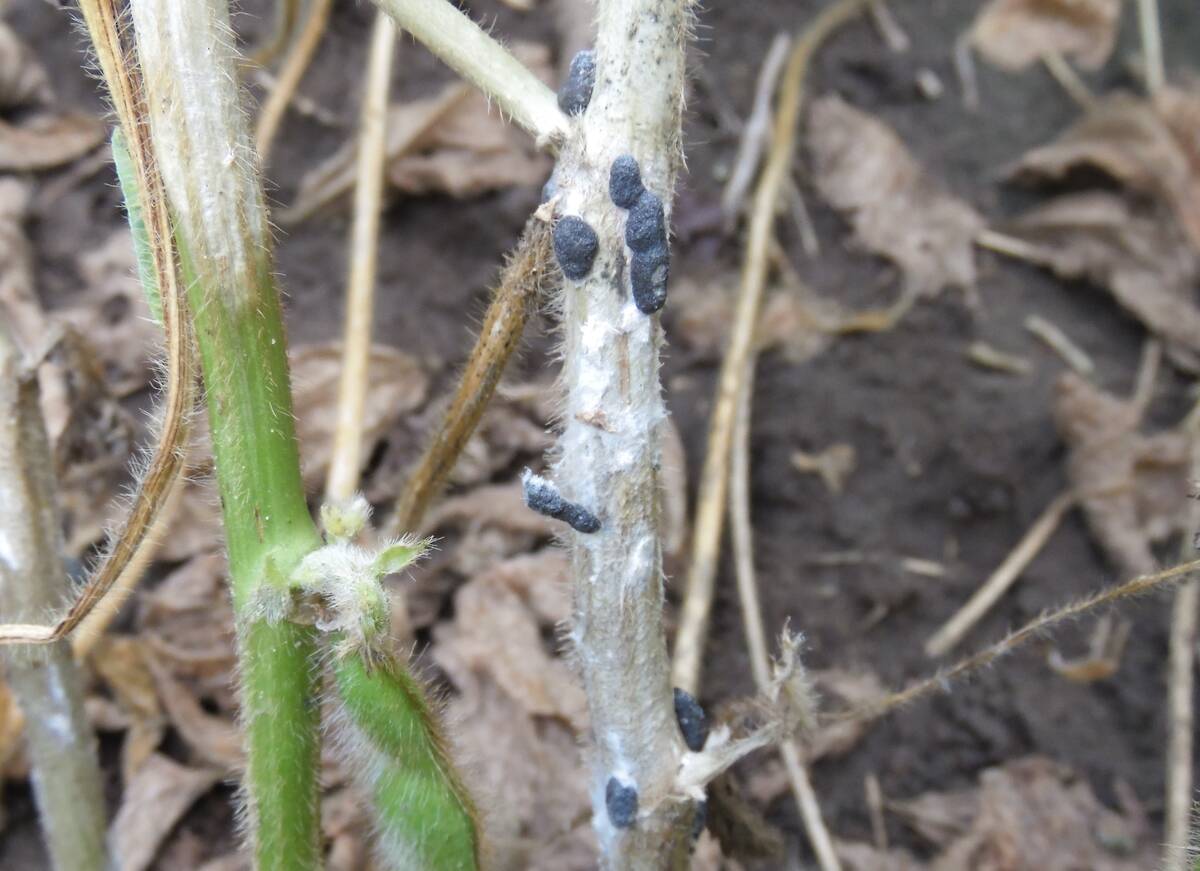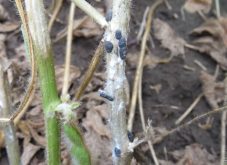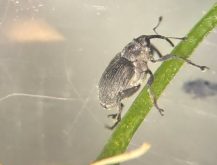One U.K.-based researcher believes the real culprit behind colony collapse is inexperience, poor weather, mites and disease — not neonicotinoids
 A Syngenta bee researcher told the recent GrowCanada conference neonicotinoids are being unfairly blamed for declining bee populations.
A Syngenta bee researcher told the recent GrowCanada conference neonicotinoids are being unfairly blamed for declining bee populations.
“The risk to bee populations from neonicotinoids as they are currently used and used according to the label, is low,” Helen Thompson, a Syngenta bee researcher, told attendees.
The U.K.-based scientist said studies used in the European Union to justify a two-year ban on the use of neonicotinoids across the continent were based on studies that didn’t replicate the kinds of conditions bees actually encounter in their natural environment.
Read Also

White mould tops 2025 disease threats in Manitoba soybean fields
White mould was found in nearly two-thirds of surveyed Manitoba soybean fields during the 2025 growing season, but at a relatively low intensity in most cases.
The conditions used in the studies were “very extreme,” Thompson said, adding that in some cases bees were exposed to thousands of times the amount of pesticide contained in actual agricultural products.
But a study led by the British researcher and used to oppose the European ban on neonicotinoids has also been called into question. Before joining Syngenta in September of this year, Thompson worked for the U.K. government’s Food and Environment Research Agency (FERA). It was there, British publications report, that her study on neonicotinoids and bumblebees drew criticism after control colonies intended to remain pesticide free, were contaminated with the neuro-active insecticide.
Syngenta also financed an FERA research project in which Thompson participated, leading some in the British Parliament to question the impartiality of the work.
But Thompson doesn’t put much stock in what the media has to say about her research, and believes opinions around the use of pesticides are tied more to perception than science.
“I’m certainly one of those people now, who is a little more circumspect when I read the headlines in the press,” she said.
While acknowledging that some bee populations are experiencing die-offs and colony collapse, Thompson attributed this to — among other things — the now ubiquitous varroa mite and the diseases it brings with it, such as deformed wing virus.
“Viruses are a big challenge, and they’ve become an enormous challenge in the presence of varroa,” she said. “So again pesticides, not a major problem.”
An influx of inexperienced beekeepers may also be part of the issue, according to the Syngenta researcher.
“This is another challenge, how do you train those new beekeepers in good bee health… you need healthy bees, and people cannot just go and buy a colony, put it in the garden and keep bees, it’s a commitment,” she said.
Poor weather, with long cold and wet periods, has also affected bee colonies in recent years, Thompson added.
Fear of a European-style ban on neonicotinoids has now prompted action by some Canadian farm groups, including Grain Growers of Canada and the Manitoba Corn Growers Association.
“I have been working with my beekeeper neighbours for a number of years now and they have never indicated that neonicotinoids are a problem for their bees,” said Dennis Thiessen, director of the Corn Growers Association.
A submission presented to Health Canada’s Pest Management Regulatory Agency by the Grain Growers asserts that a decision to restrict neonicotinoid use in Canada “will majorly impact Canadian farmers’ ability to compete, and, in fact, increase the need for foliar spraying.”
Thompson urged Canadian producers to keep fighting against a neonicotinoid ban and make their voices heard.
“From a personal perspective, I would say the farmers have no voice… I heard no comments on how this would impact agriculture,” she said.















